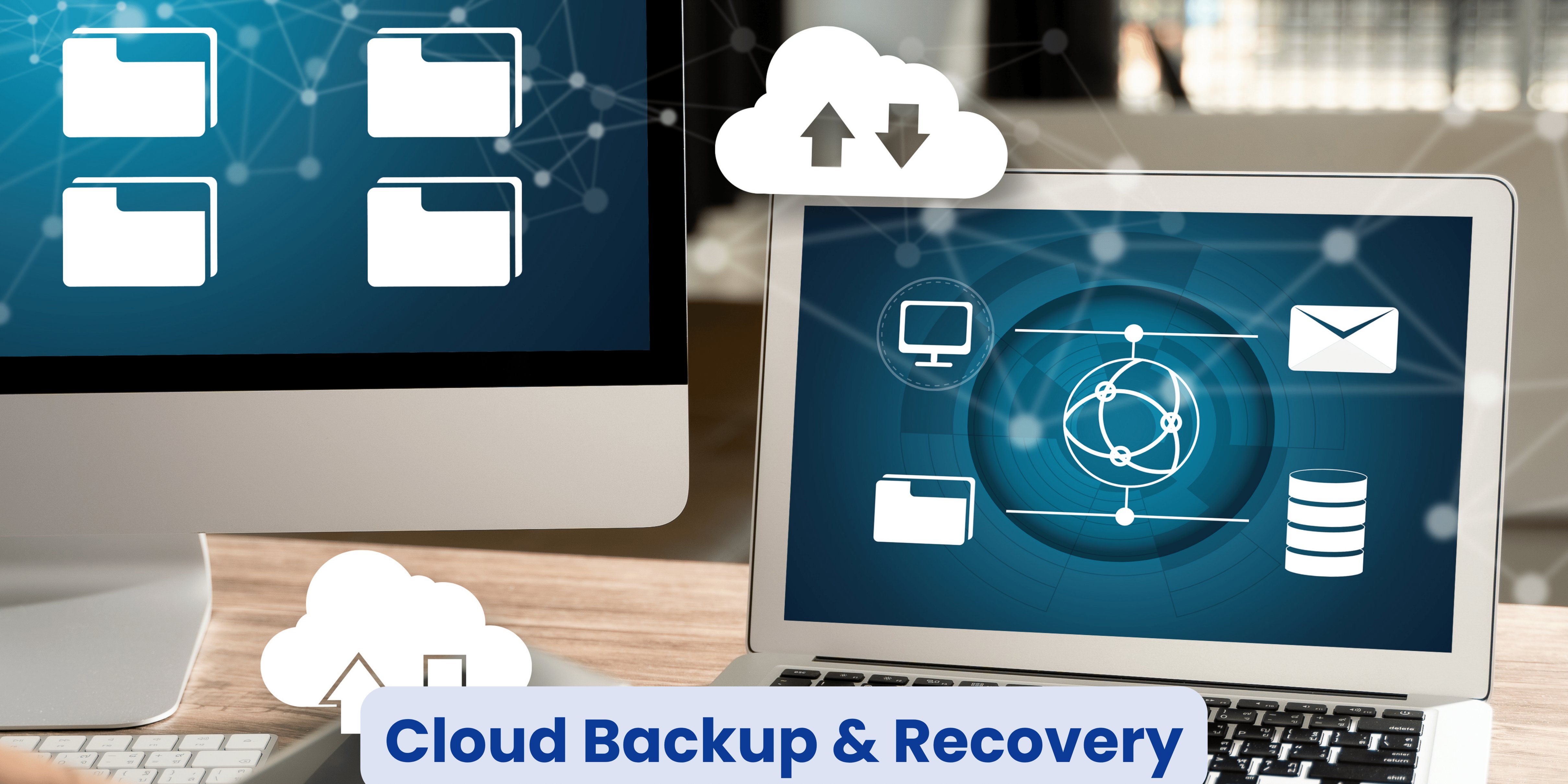An Introduction To Cloud Backup & Recovery
Cloud Services
What is Cloud Backup & Recovery?
The driving force behind your non-profit organization is data. Its loss may result in significant harm and a halt to operations. Cloud backup is using cloud technology to back up or save your non-profit's donor, campaign, financial, and website data in a secondary place.
In the event of disasters, such as losing data or experiencing data corruption, you can retrieve this data from the cloud. This technique is known as "cloud data recovery". Therefore, backup and recovery are essential for managing your non-profit organization.
Typically, a third-party service provider oversees managing this backup server or database. Depending on the storage capacity, number of servers, users, and bandwidth of the service, the providers charge a flat price.
Benefits of cloud backup & recovery:
1. A cloud backup system is less expensive to maintain than an on-premises backup solution. You won't need to worry about purchasing any hardware or software because a third-party service provider will take care of everything.
2. In the event of a natural disaster, such as an earthquake or flood, local backup may be lost. On the other side, it is not possible to erase cloud-backed data.
3. Your non-profit can access your information, including volunteer info, contracts, and donor databases, from any location where there is an internet connection.
4. One of the main benefits of cloud backup is scalability because it eliminates the need for new hardware or software purchases.
5. Non-profit organizations can quickly scale their cloud services as needed.
6. Once your data has been moved to the cloud, you can quickly automate and schedule regular backups.
7. The service providers will preserve and manage your data 24 hours a day. This will help you defend your data from online crimes like ransomware.
Disadvantages of cloud backup and recovery:
1. When your non-profit organization doesn't require quick recovery and uptime, the cost of data recovery surpasses most of the advantages of cloud backup.
2. You might not be able to access your data stored in the cloud due to internet issues.
3. The time-consuming procedure of cloud backup slows down the network speed.
4. The costs may skyrocket if your non-profit must store a significant volume of data in the cloud. Therefore, you must choose which data and how much of it you want to back up on the cloud.
5. If the cloud service provider you will be working with lacks the expertise to handle and safeguard your data, your data is subject to cyber-attacks.
Conclusion:
When it comes to ensuring your non-profit organization's business continuity, disaster recovery and backup go hand in hand. You can save money on large investments and the cost of administering the IT environment by opting for cloud-based backup. However, 45% of organizations cited security as a drawback to cloud backup investment. To ensure that your data is protected under any circumstances, data encryption may be one of the best methods available. IT experts recommend having at least 3 copies of your data. One copy must be saved on the cloud while the other 2 copies can be saved on-premises.
